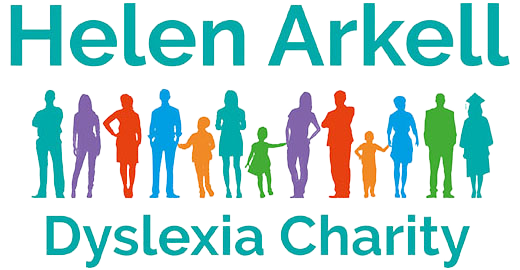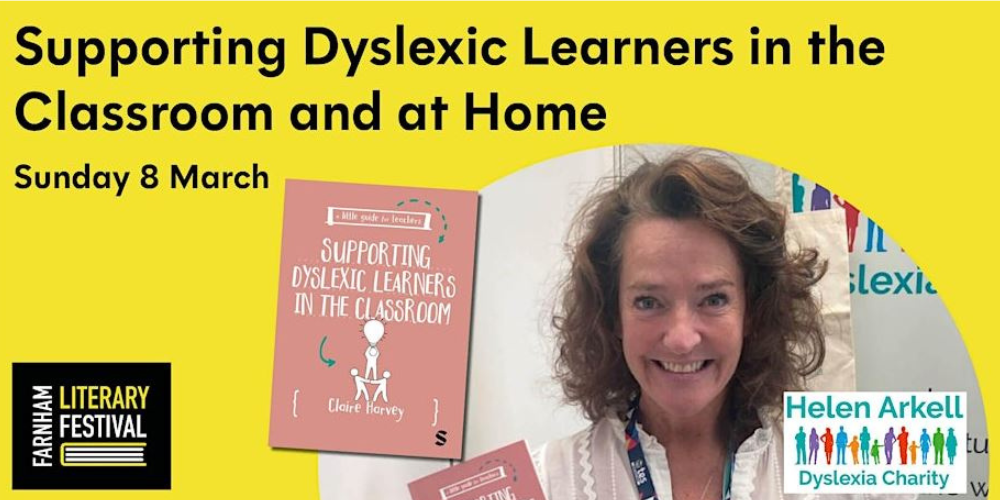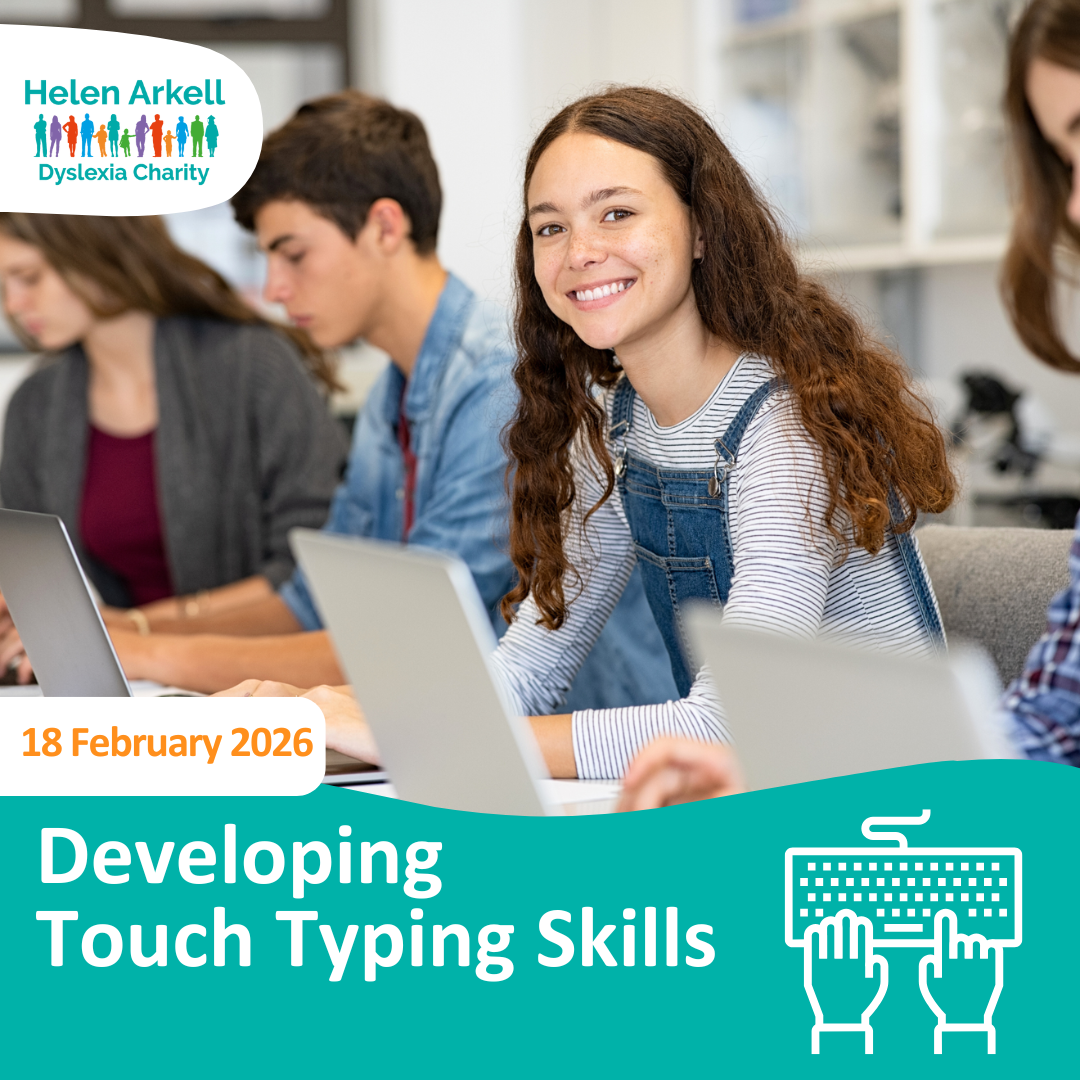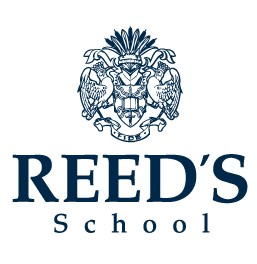Opportunities to take part in dyslexia research

We have had a flurry of requests from top universities to help recruit for various dyslexia research projects. Supporting dyslexia research is an important part of what we do here at Helen Arkell because the more that is known about dyslexia, the better we can be at understanding it and providing support.
All the research projects we promote have been approved by the appropriate university ethics committees and, in turn, by us at Helen Arkell.
We have three research projects. If suitable, we would love for you to take part. Some of the projects offer a small financial reward for taking part:
- Christina at London South Bank University is asking for adults aged 18 to 40 with and without dyslexia to complete a series of questionnaires and verbal and non-verbal cognitive tasks. The study takes place in a lab at London South Bank University (Elephant & Castle campus), and takes approximately 1 hour 30 minutes. The purpose of the study is to compare the performance of people with and without dyslexia on tasks and questionnaires relating to the executive function of planning. Executive functions enable us to pay attention, plan, organise and set goals, for example they enable us to plan a holiday. Christina wants to find out whether individuals with dyslexia have any strengths or difficulties when it comes to planning, organisation and time management. If difficulties are identified, future research can explore interventions and other adjustments that can be made to help the individuals. Find out more.
- Jovana at the University of Surrey is looking for adolescents with reading difficulties, their parents and teachers to create a panel of experts by experience to help design a research project. Find out more.
- Manon at the University of Cambridge is running a study into music perception in dyslexia. This study aims to gain a better understanding of the mechanisms underlying speech and music processing (and their potential interactions) in people with and without reading difficulties, with a view to paving the way for new methods of remediation. To carry out this project, he is looking for volunteers aged between 18 and 40 with developmental dyslexia, who are native speakers of English and who are not musicians. Find out more.



